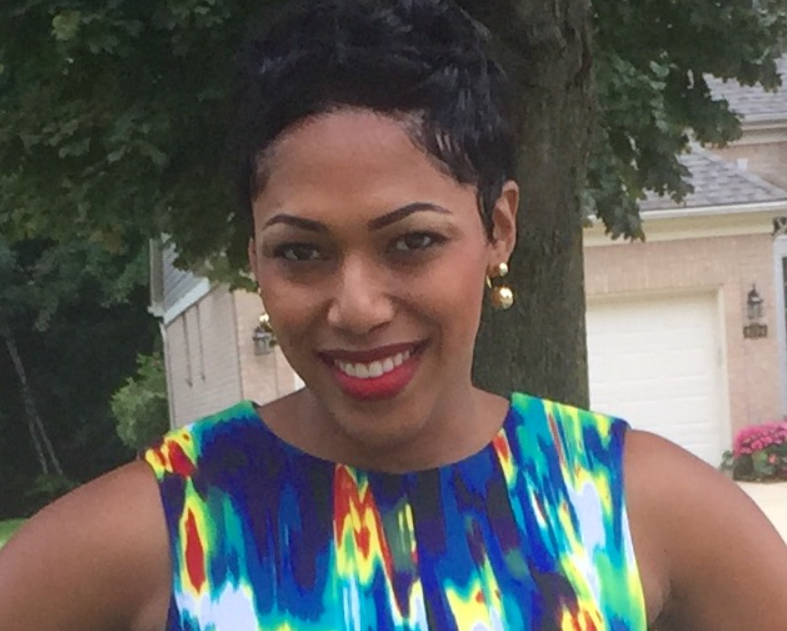By Idrissa N. Snider

This is National Domestic Violence Awareness Month.
On Oct. 19, Nicole Wallace, 31-year-old mother of two from Wylam was laid to rest after being murdered by her ex-husband. Wallace is the 14th domestic violence related victim killed in Birmingham this year. This story is all too familiar within the black community. Last Saturday, Lifetime Networks aired Surviving Compton, a biopic, depicting the abusive relationship between R&B songstress, Michel’le and rapper/producer, Andre “Dr. Dre.’ Young.
With all of the media attention surrounding the Black Lives Matter movement, I ask, where are the protesters and hashtags for black women who are losing their lives at the hands of their black men?
Perhaps, the problem stems from the fact that domestic violence is seen as a private matter, involving complicated romantic issues. And while domestic violence affects women and men from all walks of life and cultural backgrounds, black women are increasingly more susceptible to being victimized. According to Time magazine, “black women are almost three times as likely to experience death as a result of domestic violence.”
However, the narrative involving a black man beating or attacking a black woman, doesn’t make for an uplifting story. As a community, that has endured a long history of racial oppression and struggle, it’s difficult for some black leaders to address problems that depict the black community in an unfavorable light. But, we have to do more because violence of any kind to anyone is unacceptable. Not only do we have to keep saying the names of black women who have been victims of racial oppression, we have to continue to say the names of black women who experience gender and sexual abuse, even by members from their own communities.
Black women need judgment free safe havens. Counselling and adequate help must be made available for women who find themselves trapped in these dangerous and volatile situations.
Let’s get angry enough about domestic violence to help prevent another tragic event from occurring. If you are or you know someone experiencing or involved in domestic and intimate violence please seek help and/or contact your YWCA’s 24 hour Domestic Violence Crisis Hotline at 205-322-4878; the Statewide DV hotline: 1-800-650-6522 or the National DV hotline: 1-800-799-7233.
Idrissa N Snider, is a womanist scholar, professor, and artist.



